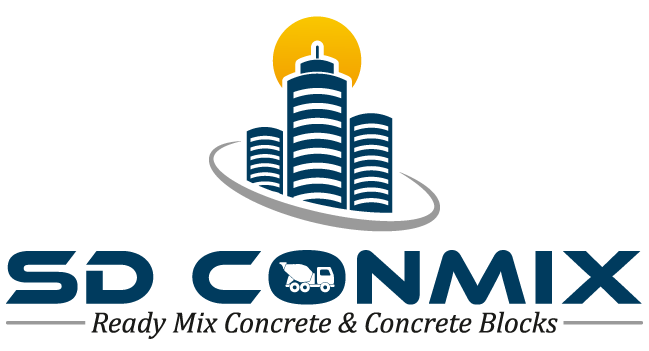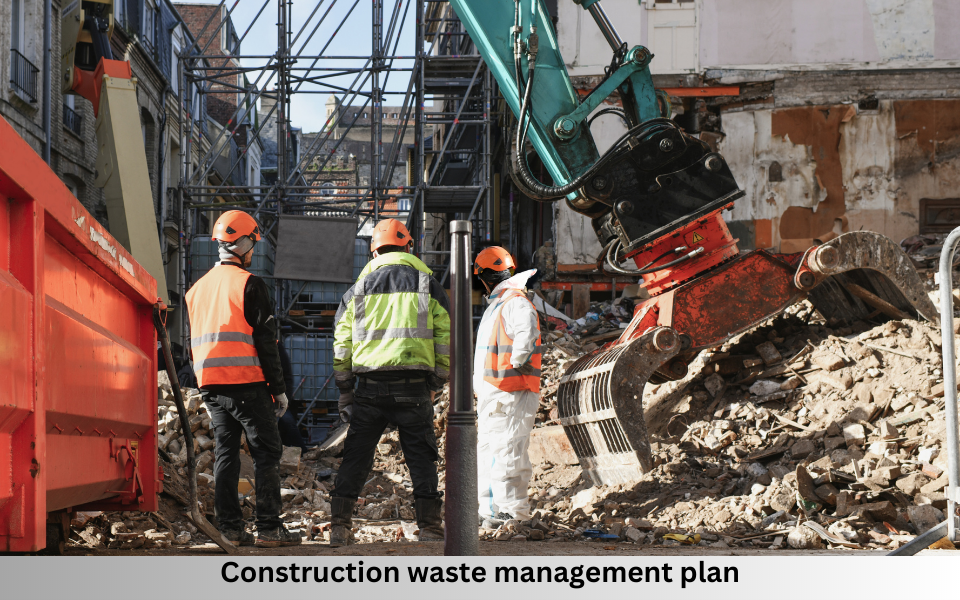Being more conscious of the waste involved in projects will help you to identify ways to reduce it, and enable you to be more proactive in recycling rather than letting waste go to landfill unnecessarily.
Plan
A waste audit should be conducted to identify the types and quantities of construction waste.
A waste management plan should be developed based on the findings of the waste audit.
A waste disposal facility and transportation options should be researched.
Recycling options should be identified and considered.
Process
When creating and implementing your construction waste management plan, there are a few key points to keep in mind:
- Waste streams: Identify the likely waste streams and estimate the approximate amount of material that will be generated.
- Avoiding Waste: Rather than managing waste once it is generated, focus on ways to prevent the waste from being generated in the first place.
- Services: Select a waste management contractor that is qualified to provide services for the generated waste streams and data on the generation of waste/recycling.
- On-site Waste Management: Understand how the on-site waste management system will operate, including the bin placement and access.
- Communicating and Assigning Responsibilities: Make sure that people involved in the construction process know what their responsibilities are in relation to a construction waste management plan.
- Encourage and educate staff: be transparent about how the different components of the plan will be carried out and give staff the chance to share what works and what doesn’t.
- Monitoring: to make sure the plan is effectively implemented, keep track of on-site monitoring.
- Evaluation: at the end of the project, compare your projections in the plan to the actual waste generated and take into account staff feedback.
Construction waste will be sorted by construction workers in appropriate bins.
Recycling of construction waste will take place at local recycling facilities
Disposal of non-recyclable construction waste takes place at local landfill sites
All construction workers will receive appropriate training on how to manage construction waste management
The management of the construction site will liaise with local waste authorities
All construction site managers will:
Store construction waste in appropriate areas
Sort construction waste by category
Recycle or reuse as much as possible
Advantages of proper waste management
Improve Health & Safety Standards
Waste handling and segregation will reduce the risk of accidents for workers and the general public. For instance, it will prevent materials from being stored in inconvenient locations where they may fall or become a stumbling hazard.
Reduce Costs
The cost of sending waste to landfill can become very expensive. Reducing the amount of waste produced and organising its disposal more efficiently can significantly help to reduce costs.
Improve Efficiency
Implementing a construction waste management plan can also help you improve efficiency for future projects. Recording information on waste levels and their disposal will provide you with valuable insights to help with projects in the future.
Conclusion
Improving waste management on construction sites starts with the materials. At SD Conmix, our ready-mix concrete is created to suit our customer’s exact requirements in terms of quantity and specification, helping to reduce waste. This is thanks to our fully computerised batching plants and strict quality control conditions. For information on any of our concrete products, please don’t hesitate to get in touch with us.

